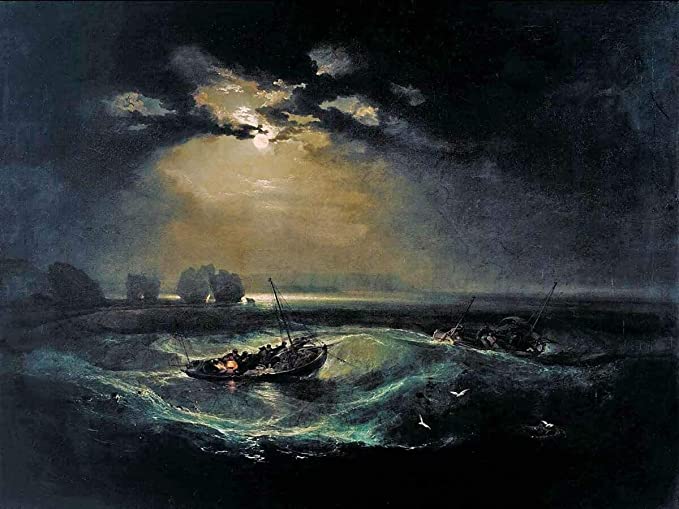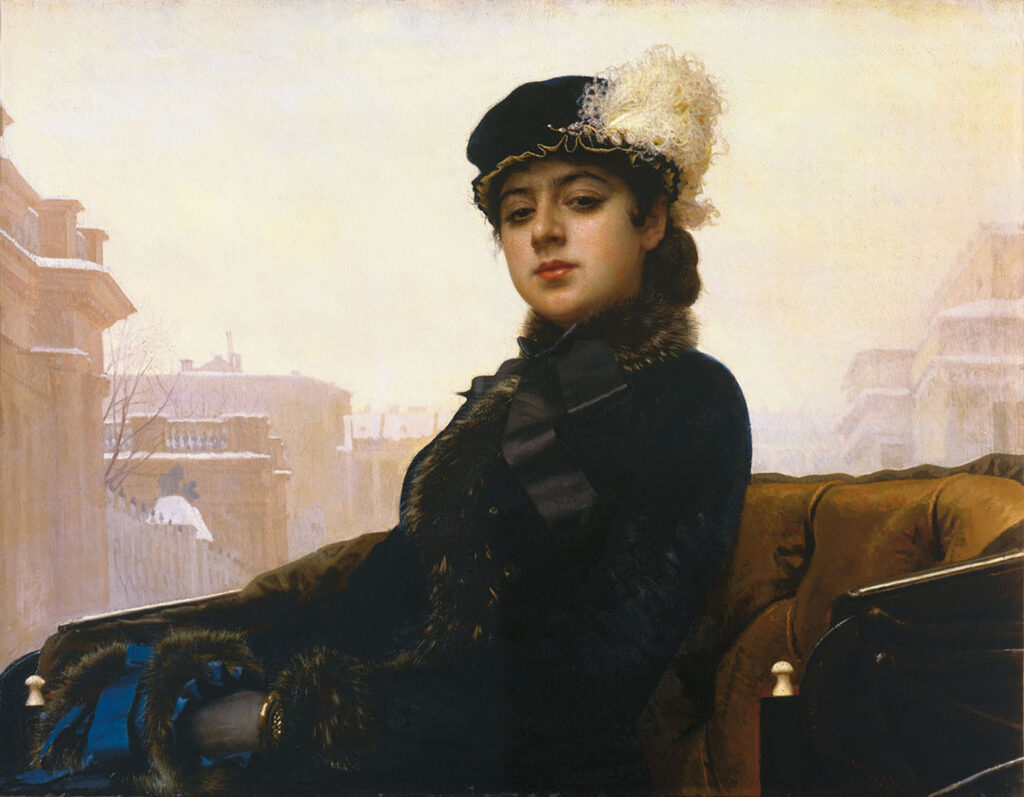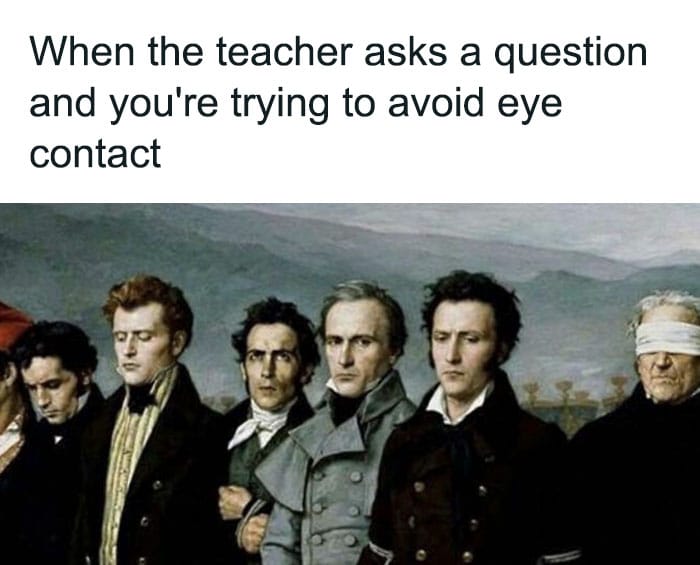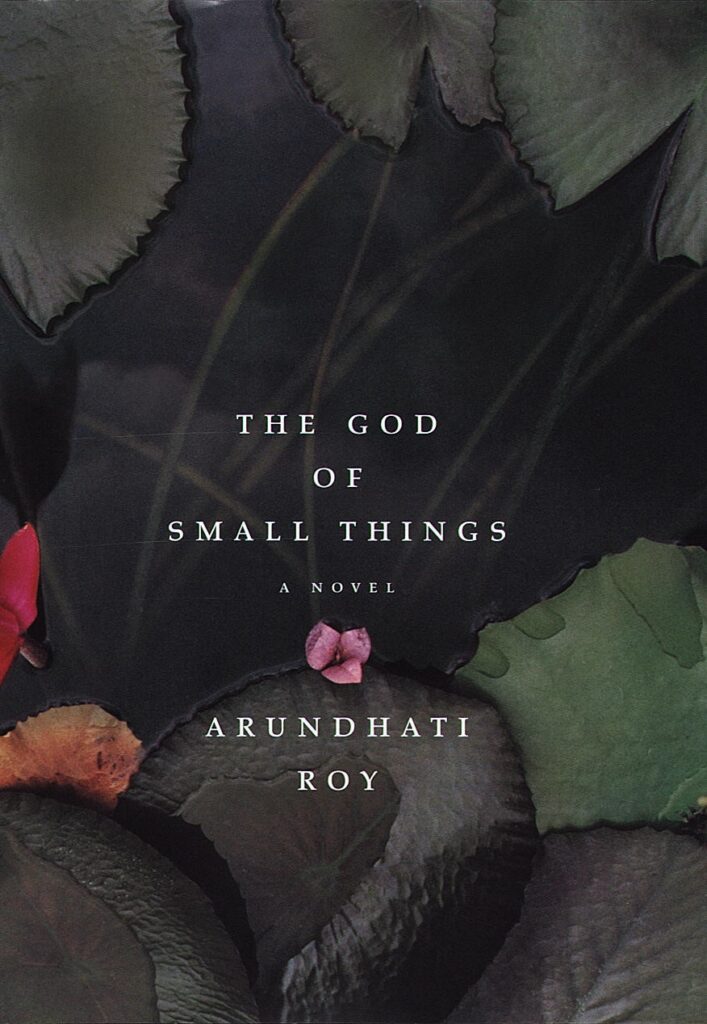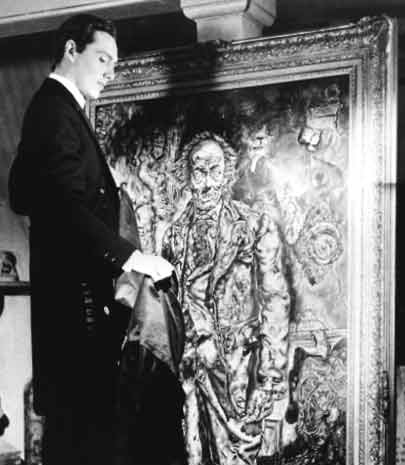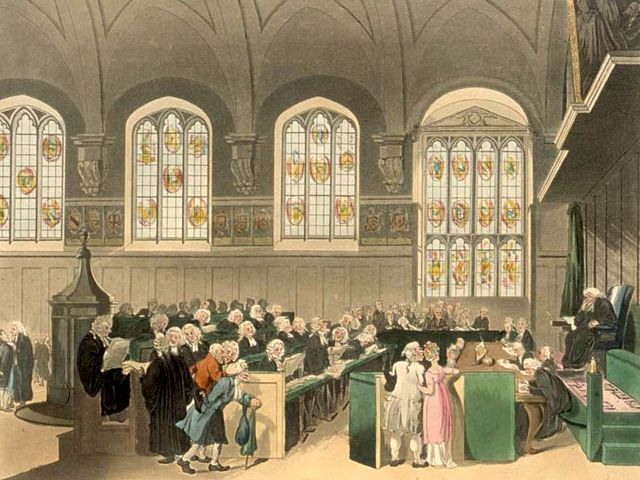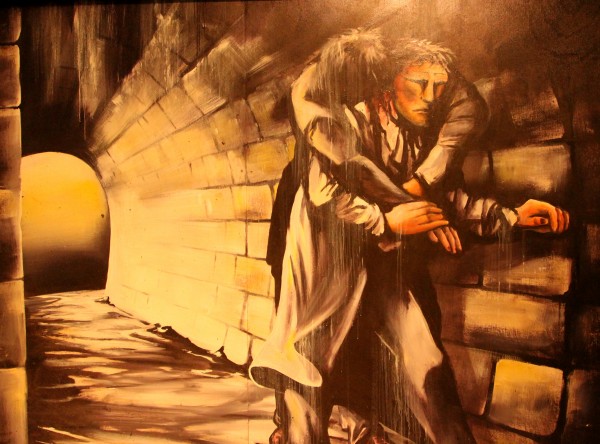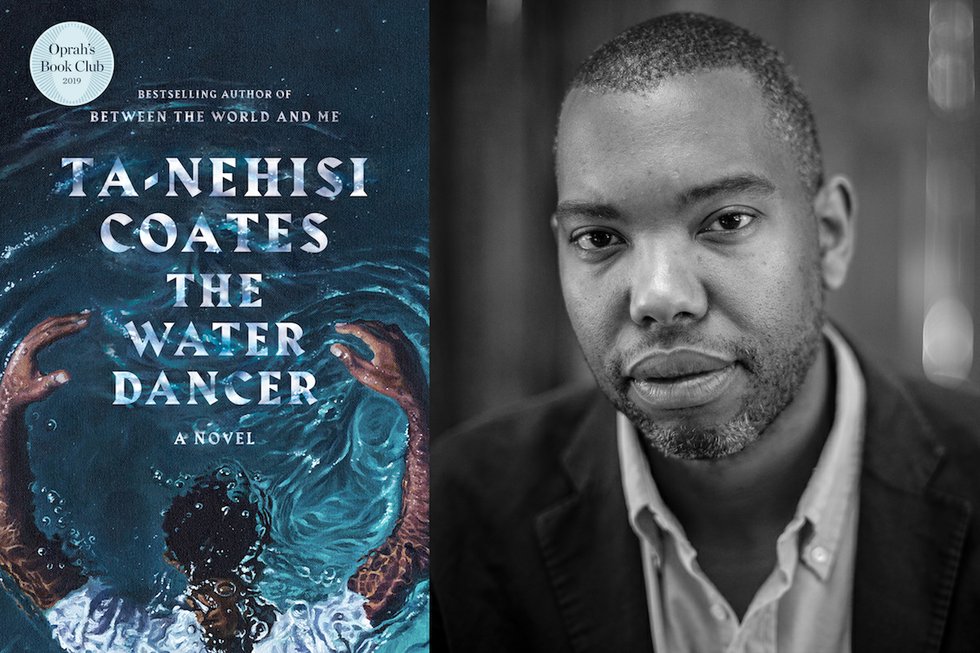Spiritual Sunday
As the story of the Good Samaritan is today’s Gospel reading, I turn to one of literature’s great Good Samaritan figures. I’m thinking of Jean Valjean in Les Misérables, whose selfless rescue of Marius—he carries the wounded man through the sewers of Paris in an epic journey—grips the reader as few stories do. The fact that Marius, as Jean Valjean sees it, robbing him of his beloved Cosette makes the Good Samaritan parallel all the stronger. He has reasons to dislike the young man but saves him anyway.
For a reminder, here’s the original story:
Just then a lawyer stood up to test Jesus. “Teacher,” he said, “what must I do to inherit eternal life?” He said to him, “What is written in the law? What do you read there?” He answered, “You shall love the Lord your God with all your heart, and with all your soul, and with all your strength, and with all your mind; and your neighbor as yourself.” And he said to him, “You have given the right answer; do this, and you will live.”
But wanting to justify himself, he asked Jesus, “And who is my neighbor?” Jesus replied, “A man was going down from Jerusalem to Jericho, and fell into the hands of robbers, who stripped him, beat him, and went away, leaving him half dead. Now by chance a priest was going down that road; and when he saw him, he passed by on the other side. So likewise a Levite, when he came to the place and saw him, passed by on the other side. But a Samaritan while traveling came near him; and when he saw him, he was moved with pity. He went to him and bandaged his wounds, having poured oil and wine on them. Then he put him on his own animal, brought him to an inn, and took care of him. The next day he took out two denarii, gave them to the innkeeper, and said, `Take care of him; and when I come back, I will repay you whatever more you spend.’ Which of these three, do you think, was a neighbor to the man who fell into the hands of the robbers?” He said, “The one who showed him mercy.” Jesus said to him, “Go and do likewise.” (Luke 10:25-37)
Rather than focus on Jean Valjean, however, I want to figure on another Good Samaritan figure, the bishop who teaches him Jesus’s message in the first place. Jean Valjean, who has spent years as a galley slave for stealing food for his hungry family, has stolen silver tableware from a kindly bishop. The bishop has taken him in when no one else would, leaving the ex-con bewildered at the prelate’s subsequent actions. Jean Valjean has just been captured by the police and brought before him:
“Ah! here you are!” he exclaimed, looking at Jean Valjean. “I am glad to see you. Well, but how is this? I gave you the candlesticks too, which are of silver like the rest, and for which you can certainly get two hundred francs. Why did you not carry them away with your forks and spoons?”
Jean Valjean opened his eyes wide, and stared at the venerable Bishop with an expression which no human tongue can render any account of.
“Monseigneur,” said the brigadier of gendarmes, “so what this man said is true, then? We came across him. He was walking like a man who is running away. We stopped him to look into the matter. He had this silver—”
“And he told you,” interposed the Bishop with a smile, “that it had been given to him by a kind old fellow of a priest with whom he had passed the night? I see how the matter stands. And you have brought him back here? It is a mistake.”
“In that case,” replied the brigadier, “we can let him go?”
“Certainly,” replied the Bishop.
The gendarmes released Jean Valjean, who recoiled.
“Is it true that I am to be released?” he said, in an almost inarticulate voice, and as though he were talking in his sleep.
“Yes, thou art released; dost thou not understand?” said one of the gendarmes.
“My friend,” resumed the Bishop, “before you go, here are your candlesticks. Take them.”
He stepped to the chimney-piece, took the two silver candlesticks, and brought them to Jean Valjean. The two women looked on without uttering a word, without a gesture, without a look which could disconcert the Bishop.
Jean Valjean was trembling in every limb. He took the two candlesticks mechanically, and with a bewildered air.
“Now,” said the Bishop, “go in peace. By the way, when you return, my friend, it is not necessary to pass through the garden. You can always enter and depart through the street door. It is never fastened with anything but a latch, either by day or by night.”
Then, turning to the gendarmes:—
“You may retire, gentlemen.”
The gendarmes retired.
Jean Valjean was like a man on the point of fainting.
The Bishop drew near to him, and said in a low voice:—
“Do not forget, never forget, that you have promised to use this money in becoming an honest man.”
Jean Valjean, who had no recollection of ever having promised anything, remained speechless. The Bishop had emphasized the words when he uttered them. He resumed with solemnity:—
“Jean Valjean, my brother, you no longer belong to evil, but to good. It is your soul that I buy from you; I withdraw it from black thoughts and the spirit of perdition, and I give it to God.”
After a momentary lapse, which gets him into trouble again, Jean Valjean devotes the rest of his life to becoming a honest man. He becomes a beneficent factory owner, a beloved guardian to orphaned Cosette, and a savior to Javert, the policeman who has been relentlessly pursuing him. (Unfortunately, this act of pure Christian benevolence so upends Javert’s traditional view of world that, rather than having a Pauline road-to-Damascus conversion, the inspector commits suicide.) And then there’s the rescue of Marius.
Jesus’s radical vision of love, in other words, can have profound effects, rippling out into a world that desperately needs it. When we embrace it, we no longer belong to evil but to good.
